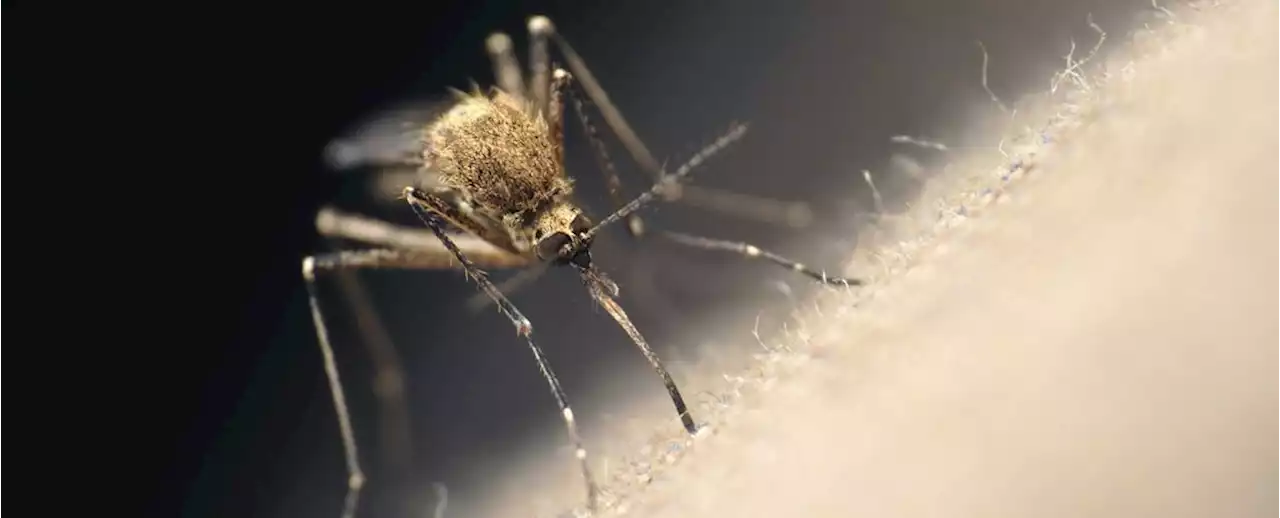Mosquitoes are the world's deadliest animal. Over 1 million deaths per year are attributed to mosquito-borne diseases, including malaria, yellow fever, dengue fever, Zika, and chikungunya fever.
With this in mind, my colleagues and I wondered if other mosquito-borne viruses, such as dengue and Zika, can also change a person's scent to make them more attractive to mosquitoes, and whether there is a way to prevent these changes.
We ruled out carbon dioxide as a reason for why the mosquitoes were attracted to the infected mice, because while Zika-infected mice emitted less carbon dioxide than uninfected mice, dengue-infected mice did not change emission levels. To identify the odor, we isolated 20 different gaseous chemical compounds from the scent emitted by the infected mice. Of these, we found three to stimulate a significant response in mosquito antennae.
Similarly, we found that the odors collected from the armpits of dengue fever patients contained more acetophenone than those from healthy people.
